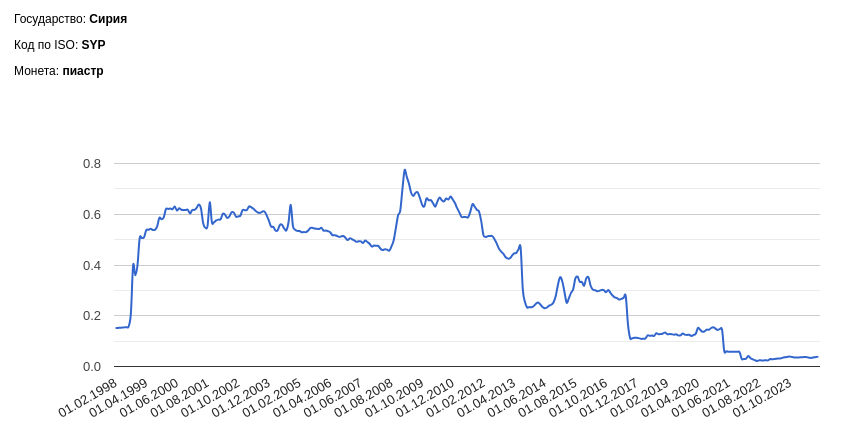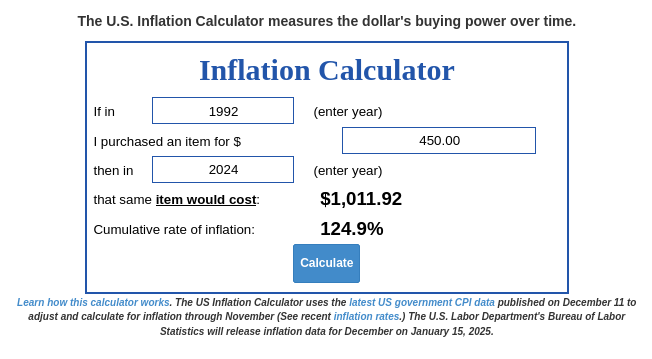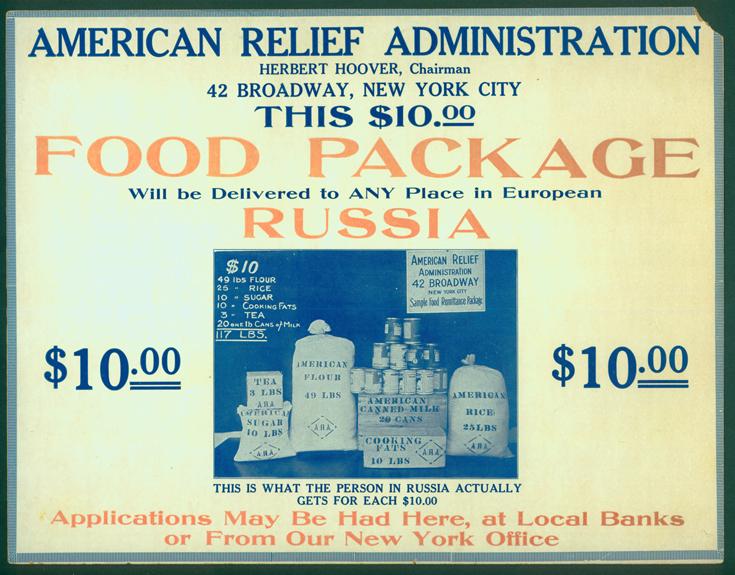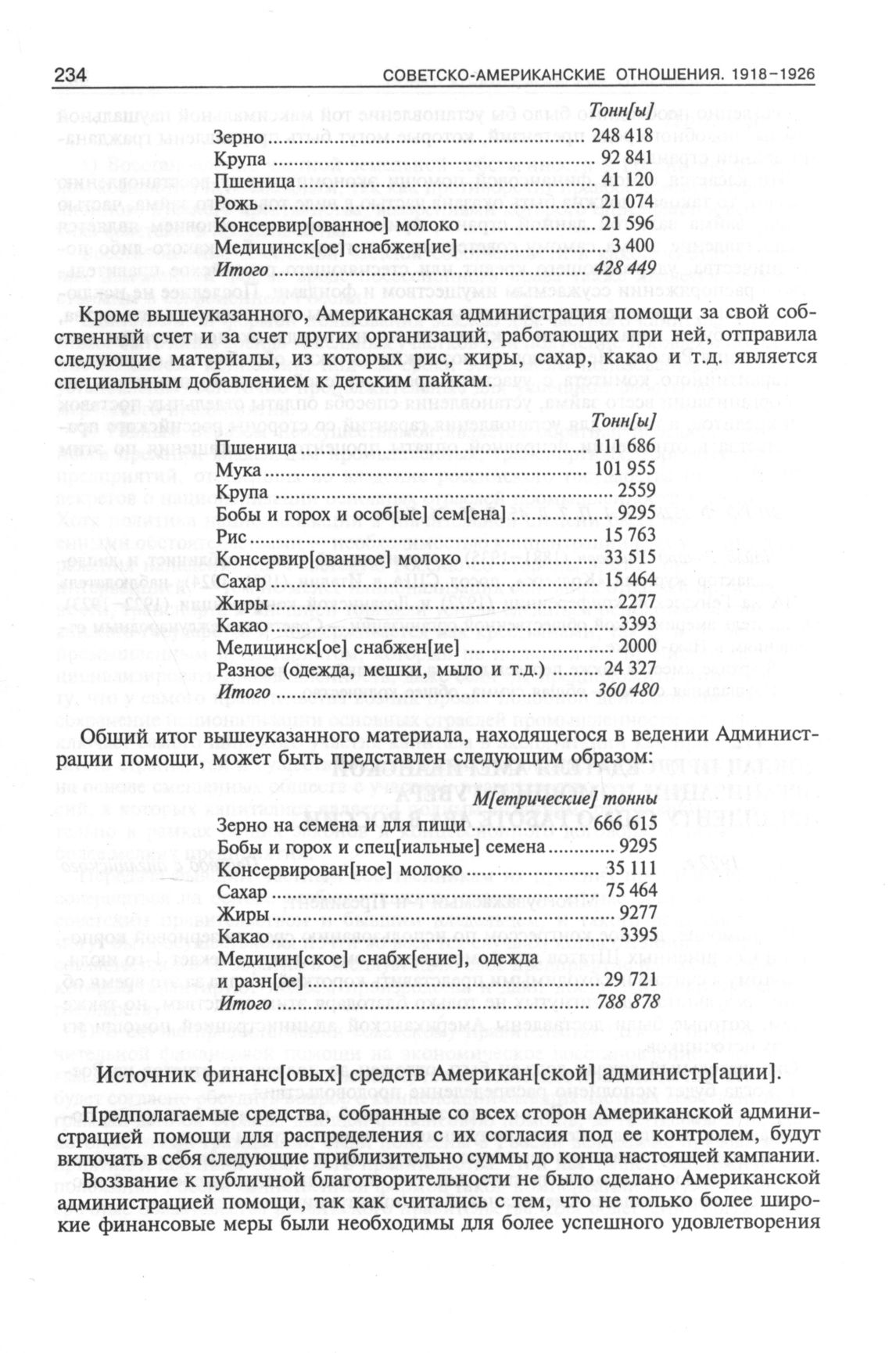The Kommersant newspaper, under the heading "Lessons from Syria", published a material by Ruslan Pukhov, director of the Center for Analysis of Strategies and Technologies (CAST), reflecting on the first lessons of the fall of Bashar al-Assad's regime in Syria and the failed Russian military intervention on Assad's side in the Syrian civil war
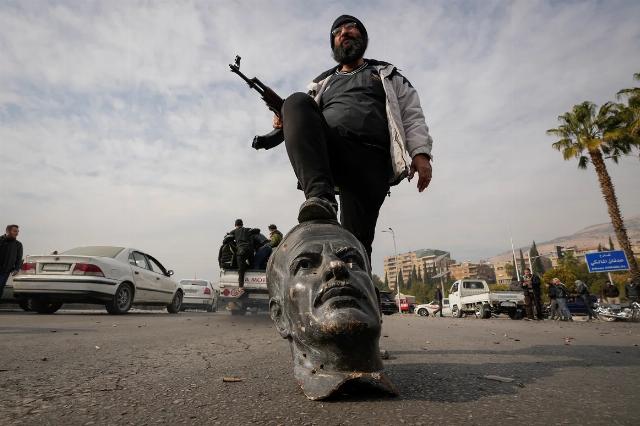
A militant of the anti-Assad armed opposition in Damascus with a bust of Hafez Assad, 08.12.2024 (c) Hussein Malla / AP
Now that the events in Syria have ended with an analogue of the events in Afghanistan in 2021, we can sum up some preliminary results of the unsuccessful Russian intervention in the Syrian civil war. Almost nine years ago, in the article "Polygon of the Future" in the magazine "Russia in Global Politics", your humble servant, assessing the initial (and quite significant) successes of the Russian military intervention in Syria, at the same time pointed out the limitations of these results in the long-term military and political terms and wrote that for Russia "it is extremely important not to get involved in a long war" and "it is fundamentally necessary to get out of this campaign in time." As it is now obvious, the opposite happened.
The limits of Russian military power were not enough to completely defeat Assad's opponents, especially in conditions of their direct support from other powerful external players (the United States, Turkey, Arab monarchies), both the Russian side and the Syrian regime were forced to go, in fact, to a compromise partition of Syria, which in itself was postponed a loss for the Asadovites. It is strange now to hear arguments that, they say, "Assad is to blame because he did not reform his regime." The Assad regime, as a typical Eastern despotism, needed not "reforms" to survive and maintain internal support, but demonstrative dancing over the corpses of its defeated enemies. Russia has not been able to provide this, and this has become a fundamental strategic failure, understandable years ago. The continued presence of Russian military contingents in Syria was caused, in fact, by an unwillingness to recognize this circumstance.
It cannot be said that the Russian authorities did not think about an "exit strategy" from Syria, but from the very beginning they clearly confidently saw this strategy in the form of reaching some kind of comprehensive agreement with other external players in the Syrian conflict on the terms of fixing Russian demands at the peak of Russian successes.
It is difficult to understand why other powerful forces had to agree to an agreement pleasing to Moscow on its terms, and these wishes naturally turned out to be built on sand. On the contrary, the demonstrated limitations of Russian military achievements only stimulated Russia's opponents to try to take revenge by increasing their intervention and exhausting the Russian side by imposing ever greater costs on it. A few years later, this (as well as some other plots of Russian involvement) will be repeated in Ukraine.
As a result, Russia, seeking to minimize its costs in Syria, increasingly focused on maintaining the rotten and ineffective status quo there for the sake of the status quo, in fact protecting the decaying and delegitimized by the civil war Assad regime without any prospects and at the same time being unable to influence the increasing dynamics of other forces and players. The military and strategic weakening of Russia in Syria after the outbreak of a protracted war in Ukraine (the departure of the Wagnerians and a sharp decrease in the possibilities of strengthening the Russian group) completed the picture. Sitting on two chairs (not fighting and not leaving) naturally ended in a fall when this status quo was violated by the players from the opponent's side.
The lessons of intervention in the Syrian war are obvious. The first and main one lies on the surface, demonstrating the great limitations for Russia's "great-power" and interventional policy abroad.
Moscow does not have sufficient military forces, resources, influence and authority for effective military intervention outside the former USSR, and it can act there, in fact, only with condescending admission from other powerful powers and as long as they allow it. After 2022, this is even more evident. It is quite possible to bluff with strength and capabilities on the world stage, but it is important not to overly believe in your own bluff.
However, another strategic lesson is no less significant - in the modern world, victory is possible only in a quick and fleeting war. If you not only effectively win in a matter of days and weeks, but also cannot quickly record your successes in military and political terms, you eventually lose, no matter what you do.
Americans have previously gone through this in Iraq and Afghanistan, but Russians, according to our national tradition, must necessarily go through the rake themselves. A prolonged military campaign in itself is already a strategic defeat for its initiator, no matter what private military successes he achieves in it. In addition to the depletion of resources disproportionately achieved by military objectives, a prolonged war means the loss of a strategic perspective and always leaves opponents, as well as external forces, with chances to overplay the situation in their favor - if not today, then tomorrow or the day after tomorrow. Attempts to fix something long-term or "compromise" while getting bogged down in a long-term war will, in fact, be a delayed defeat.



